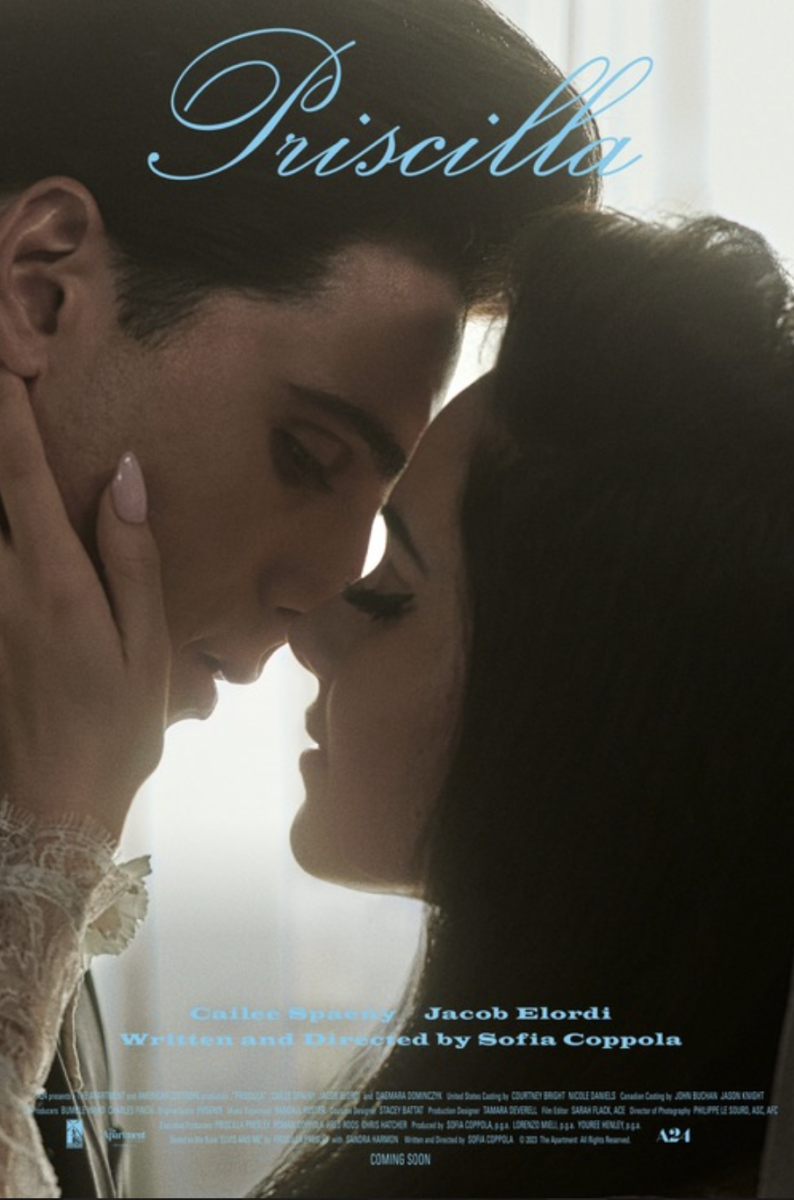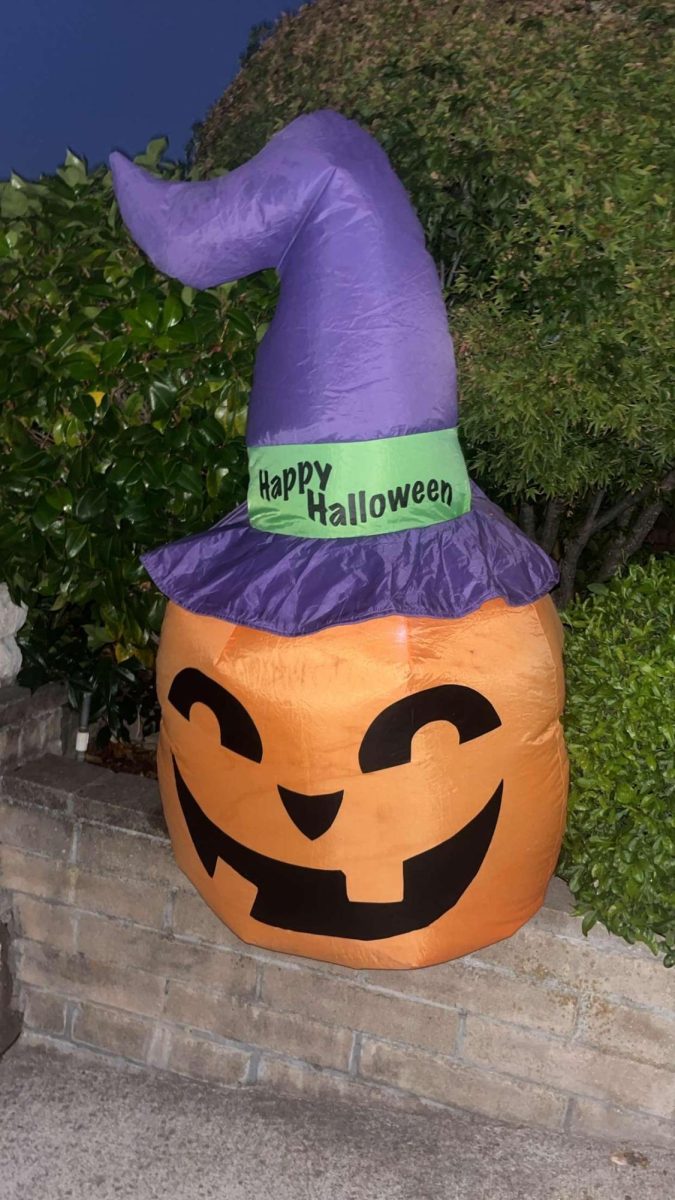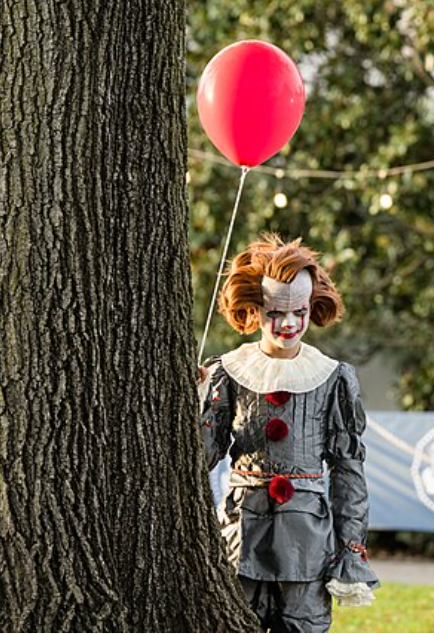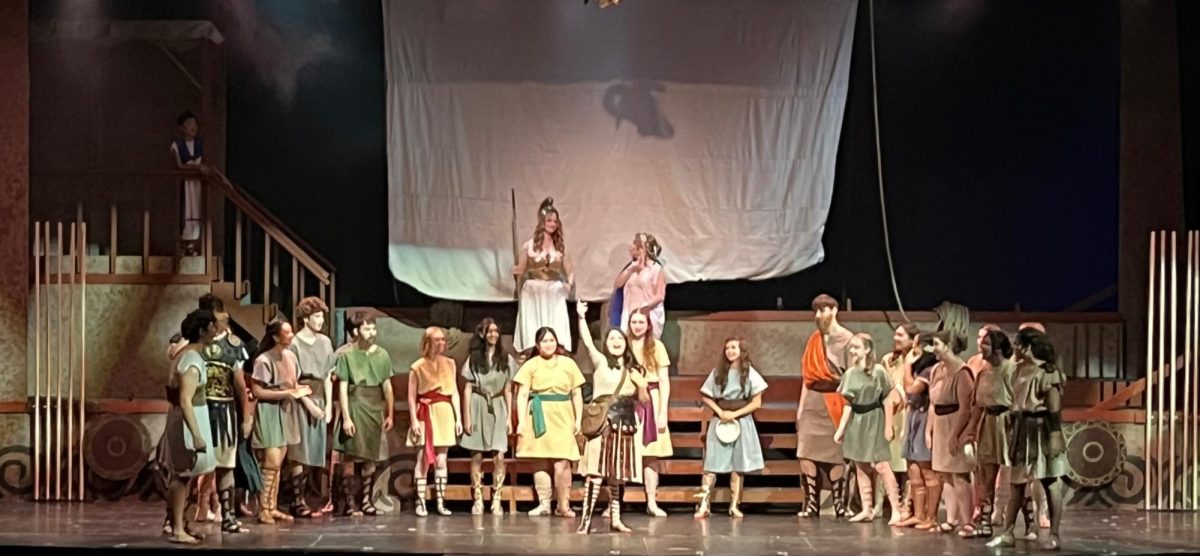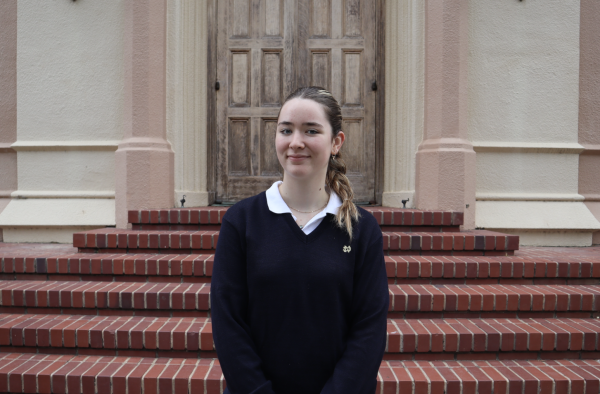Director Sofia Coppola’s “Priscilla” delves into the life of Priscilla Presley, wife to the iconic Elvis Presley. Starring Cailee Spaeny and Jacob Elordi, this film represents the second Elvis-related production to emerge within the last two years. In contrast to its predecessor, “Elvis”, characterized by its expansiveness and opulence, “Priscilla” adopts a subdued and focused narrative approach.
The film can be categorized as an anti-Elvis portrayal, as it does not shy away from presenting a less favorable image of the legendary musician. However, what sets “Priscilla” apart is its distinctive stylistic choices, marking a radical departure from the previous Elvis-centric film. Notably, the 2022 film allocates a mere 10 minutes of screen time to her portrayal, effectively conveying her perceived insignificance in the broader context of Elvis’s life.
Rather than positioning itself as a direct response or opposition to the Elvis movie, “Priscilla” offers an additional layer to the narrative.
What stands out most in this biopic is the performance of the actors. Spaeny is a young up-and-coming actress, not widely known, but her role as Priscilla has definitely raised standards for other celebrity portrayals. Oftentimes in biopics, the actors seem like they are playing a character or doing a surface-level impression of the celebrity, as opposed to embodying the person. Spaeny and Elordi avoided this stereotype and were able to fully realize their roles.
The film starts with the young Priscilla Beaulieu (her maiden name), in Germany where she meets Elvis while he is enlisted in the military. From there we see Elvis travel the globe with her in his pocket, being extremely controlling over her but doing whatever he pleases. It explores the double standard between men and women then and now. Priscilla was expected to be pure, young and loyal while Elvis had relationships with many women and flaunted his desires.
However, the storytelling is very straightforward, there was no stray from the conventional biopic cadence. While it did capture the rollercoaster of her story from the women’s perspective, one could say it needed something more. Maybe because it is compared to the original “Elvis,” but it felt slightly lackluster. On the other hand, this could be seen as the whole point of the film. The juxtaposition between the two allows viewers to understand Elvis’ flashy lifestyle and how that affected Priscilla both emotionally and physically.
If you enjoy a traditional biopic and are interested in who Elvis truly was as a person, this hour-and-fifty-minute movie is perfect. Adapted from her own autobiography, “Elvis and Me,” Priscilla Presley had a large hand in the portrayal of herself and Elvis.

